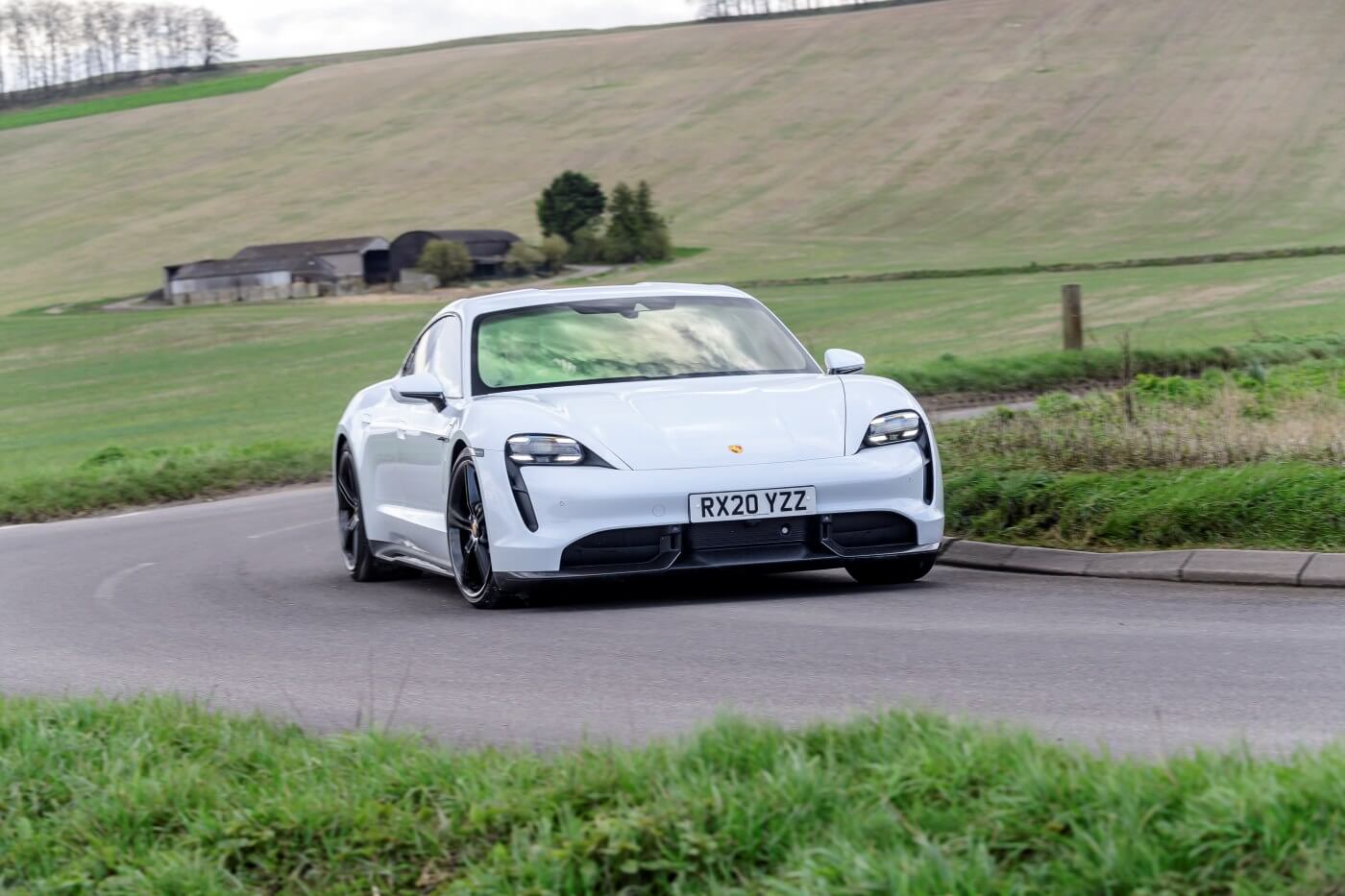Contents:
- Why are EVs so fast?
- McMurty Speirling
- Tesla Model S Plaid
- Tesla Model X Plaid
- Porsche Taycan Turbo S
- Tesla Model 3 Performance
- Audi RS e-tron Quattro
- Kia EV6 GT
Until the mid-2000s, electric cars didn’t have the most exciting reputation, with some critics calling them souped-up ‘milk floats’. But things have changed dramatically since then.
Today, many of the fastest cars in the world are electric, with competitions like Formula-E (an all-electric version of Formula 1) showcasing the most cutting-edge technology, powerful engines and incredible aerodynamics that the EV world has to offer.
Although several electric concept cars can provide breakneck acceleration (such as the McMurty Spierling, the fastest car in the world), the fastest top-speed electric vehicles tend to cost a whopping seven figures or more. Luckily, there are some more affordable EVs that still reach impressive speeds. But before we see some of the fastest EVs on offer in 2023, let’s take a look at why electric cars are so speedy.
Why are EVs so fast?
The fastest electric cars in 2023 are not only the speediest in this fuel category, but they’re generally faster than petrol or diesel alternatives too.
Why? Essentially, EVs are faster because they have fewer moving parts. In a traditional internal combustion engine (what you find in petrol or diesel cars), hundreds of pieces of equipment need to work in perfect unison to deliver fuel to the engine, spark it to create a controlled explosion which turns the engine and then the wheels.
But electric vehicles cut out a lot of these steps, delivering instant power (known as torque) from the battery to the motor. That means you can accelerate extremely quickly. What’s more, high-end EVs tend to have both front and rear motors, delivering power to the wheels in unison, which also helps you get off the mark.
Even with all these advantages, there’s still a bit of a gap between the fastest top-speed electric cars and their petrol or diesel equivalents – but only professional racers need to drive at 200+ mph anyway. And who knows, maybe in a few years, fast EVs might get even faster (and more affordable).



